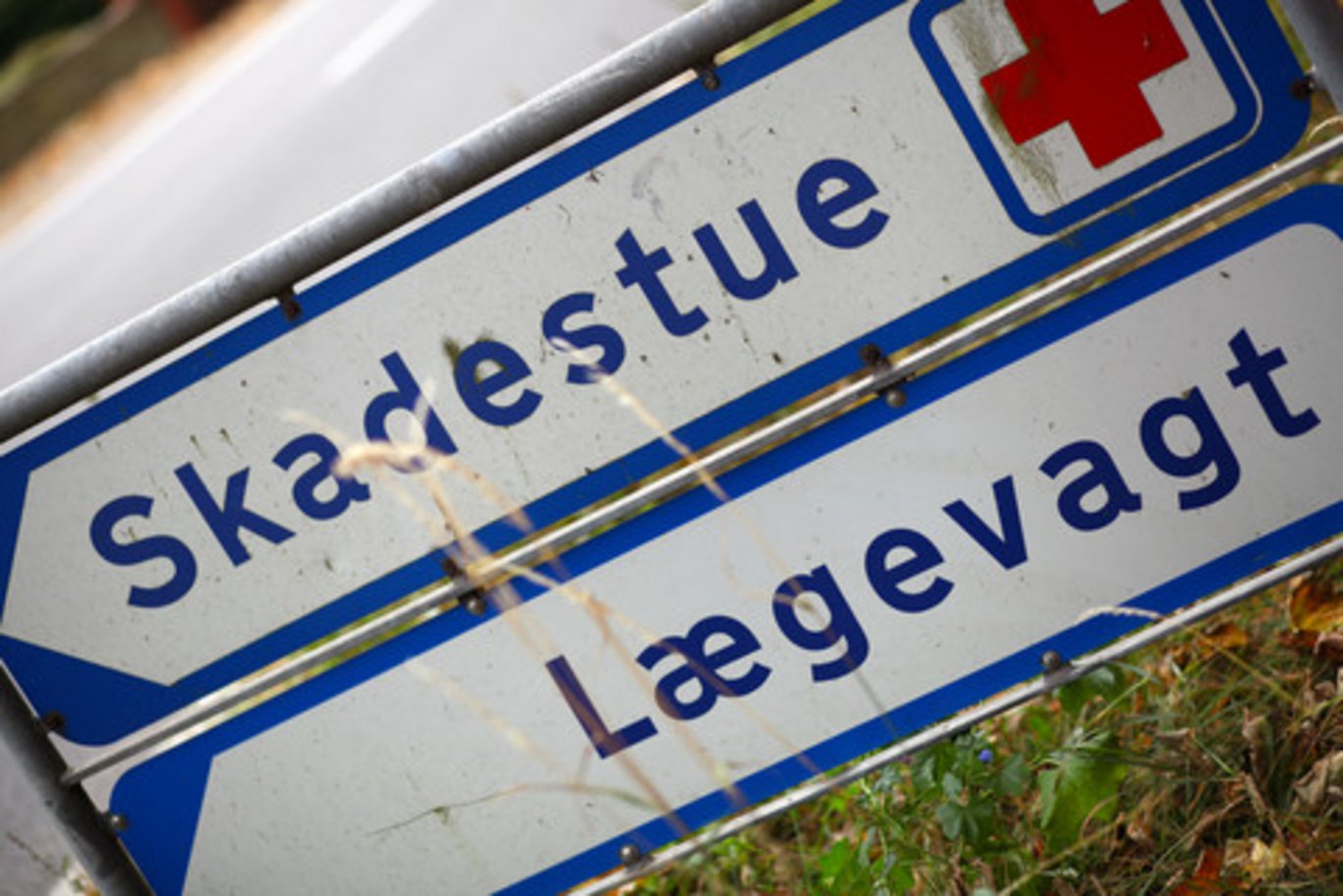As many as one in five do not understand messages about health
After the first survey of the problems faced by Danes when navigating in messages about health, researchers from Aarhus University say that the healthcare system must be more user-friendly.

Many Danes - up to one in five - have difficulty navigating in the healthcare jungle, while socially vulnerable people risk becoming lost for good in the ever more complex Danish healthcare system.
This is the conclusion reached by researchers from Aarhus University in a study based on data from the Central Denmark Region’s questionnaire survey “How are you feeling 2013.” The result has just been published at The 2nd European Health Literacy Conference at Aarhus University.
It is the first time that so-called health literacy has been measured in Denmark. The survey is based on approx. 30,000 questionnaire responses.
Knowledge can tackle social imbalance
The study shows that as many as one in four Danes on low incomes and with short-cycle educations have difficulty understanding information about health, regardless of whether they have to hear or read it. In addition, a third of the people in this group find that they cannot get doctors and other healthcare professionals to fully understand what is wrong with their health. Neither can they always understand what the doctor or hospital tells them.
Conversely, only five percent of those with high incomes and long-cycle higher educations think it is difficult to understand written healthcare information.
“In other words, what we can establish is that there is a social imbalance when it comes to navigating in the healthcare system,” says the director of research for the survey, Associate Professor Helle Terkildsen Maindal from Aarhus University.
“Of course we cannot do anything about people’s backgrounds, but knowledge about Danes’ health literacy may be one of the ways for us to tackle health inequality among different social groups.”
A health call centre is needed
She also notes that everyone, regardless of social background, can find it difficult to grasp and sort through the changing advice and recommendations for avoiding lifestyle diseases that fill our daily lives.
“It is a big challenge because much of today’s healthcare system deals with the individual person’s opportunity for choosing the best possible treatment for himself and his family,” says Helle Terkildsen Maindal.
“So our study points to the need to adjust a number of conditions in the healthcare system to make it more user-friendly. This could involve some kind of coordinating unit or a call centre for health, where all citizens can get help to find their way around in all the information.”
Facts:
- The concept of health literacy refers to all the skills that are called for in order to understand and apply health information, so that it is possible to achieve or maintain good health.
- Health literacy comprises both the ability to communicate with doctors and other healthcare professionals, the ability to understand signposting at hospitals, to search for health information on the Internet and elsewhere, and to understand patient information leaflets in medicine packaging.
- The survey is the largest so far at European level to measure health literacy in populations.
Further information:
Associate Professor Helle Terkildsen Maindal
Aarhus University, Department of Public Health
Direct tel: +45 8716 7929
Mobile: +45 2546 2320
htm@alm.au.dk
Research Assistant Anne Bo
Aarhus University, Department of Public Health
Mobile: +45 2021 3175
anne.bo@folkesundhed.au.dk
